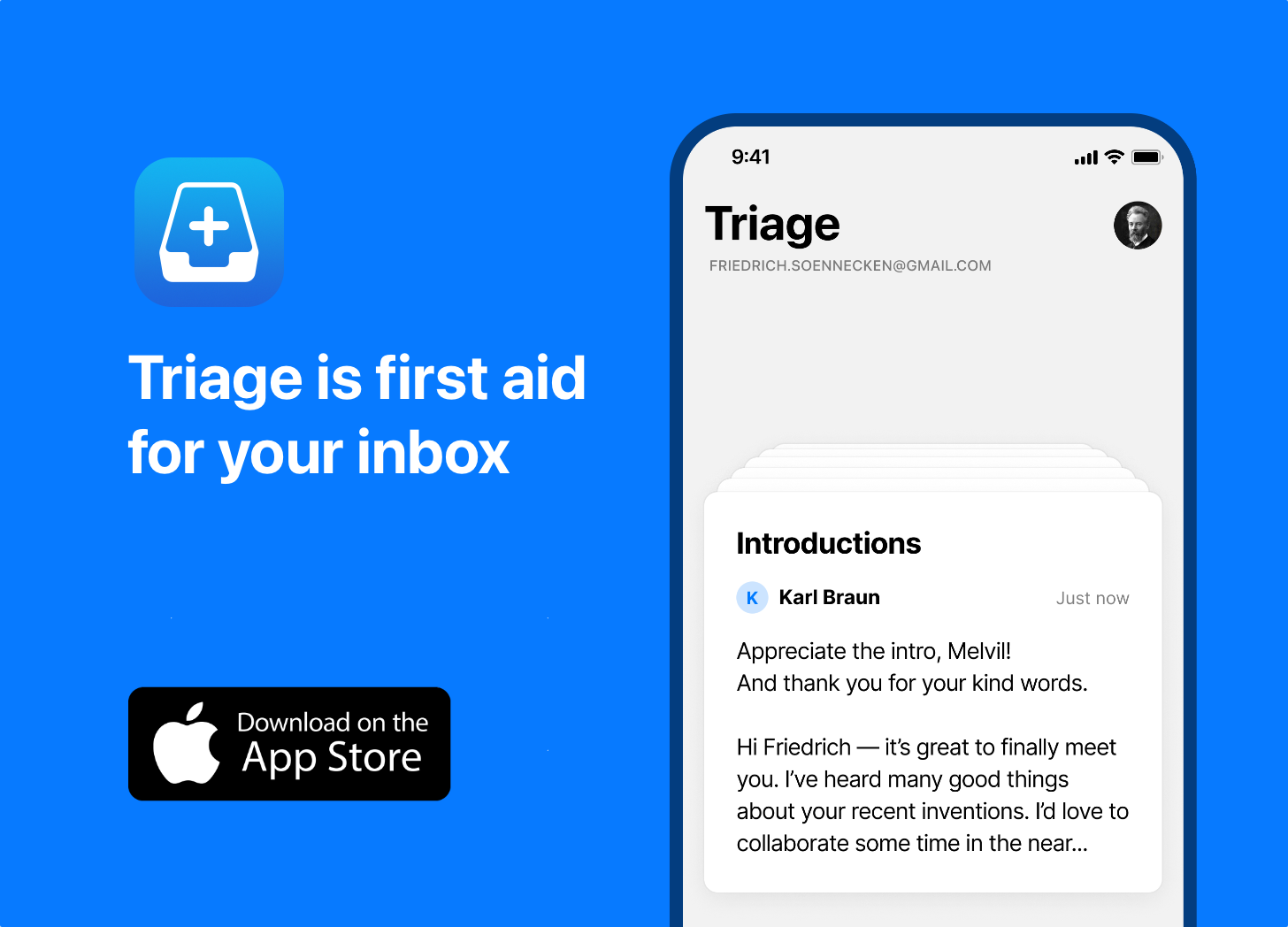This is the next post in the Founder Centric Startups series_._
I’ve written about Ponoko on this blog before, as an excited customer.
They have been going a bit longer than most of the ventures that are included in this series, and as a result have a few more war stories to share. As far as I know, they are also (I think?) the only one that has a laser cutter on their balance sheet!
_Dave ten Have (@davetenhave) is the co-founder, reporting in live today from his second base in the San Francisco Bay Area.
Over to him to tell us more:

What’s the purpose of your company?
To enable people to make things.
What does your company do?
We provide an online manufacturing service that is distributed around the globe. People upload designs to our service and we fabricate the parts for them. We also offer our software to other companies.
What is the business model?
The business model has two components:
-
we make money by manufacturing parts for our users
-
we license our platform in a SaaS model
How do potential customers learn about you?
Mostly: online.
Larger corporate clients learn about us via press and our business development efforts.
Who are the people working with you on this?
The company was found by me and Derek Elley. We have grown our team organically over the last 5 years. We have our product/platform team based out of Wellington and our production and marketing team in the US. We have customer service spread between NZ and the US.
How did the business get started?
After Derek and I sold out of our first businesses we started to work with a lot of climate change ideas. We were exposed to ideas that would change how products were being made and distributed. We decided that manufacturing wasn’t a solved problem and set about build a new way of making products on a global basis.
How have you funded your growth so far?
We’ve funded our business via several methods:
Derek and I invested the proceeds of our first businesses.
We’ve taken money from local angels. They have invested in us because of our reputations (in our prior careers we were lucky to get to know people who could help us out) and because of the nature of the idea.
We’ve also more recently taken investment from Movac.
But, most importantly, we made sure we were selling something people wanted to buy and concentrated on doing that 🙂
What are the mistakes you’ve made?
Being too cautious.
Buying into the WIRED/Silicon Valley story.
Not telling our big story from the start. This cost us a huge amount of time and a lot of wasted money as we found that VCs weren’t really open to it and as a result really weren’t worth courting.
What are the biggest challenges you’ve faced so far?
Finding growth capital.
Being a little too early to market.
Finding staff in Wellington.
What’s your ambition for the company?
To be an iconic New Zealand technology brand with a global presence.
What advice do you have for other founders?
Trust your gut.
Get good pragmatic advice.
Don’t be afraid of looking dumb.
Enjoy the small wins! Learn to laugh at yourself. Be honest and given that this is a tough, sometimes horrid, experience find people you work well with and enjoy being around.
Realize that this is as much about luck as any other factor. Treat the success stories with a healthy level of skepticism. Like all of history they are told by the victors and often miss the really useful parts.
Remember: what you are doing now, you’re not going to be doing in 90 or 180 days.
Karma is real 😉
Other guest posts in this series:
- Dr Sam Hazledine, MedRecruit, 5th December
- Dave ten Have, Ponoko, 6th December
- Marie-Claire Andrews, SmartShow, 7th December
- Nik Wakelin, MinuteDock, 8th December
- Vaughan Rowsell, Vend, 9th December
- Andrew Mayfield, Optimal Workshop, 10th December
- Richard Humphries, Trade Tested, 11th December
- John-Daniel Trask, Mindscape, 12th December
- Layton Duncan, Polar Bear Farm, 13th December
- Dan Lee, Beetil, 15th December
- Jos Ruffell, Garage Project, 16th December
- Scott Ryburn, Sharesight, 18th December
- Michael Dowse, Go Vocab, 19th December
- Jon Thompson, Productspec, 20th December
- Tarik Mallett, Third Screen Interactive, 21st December
- Rich Chetwynd, Litmos, 23rd December
